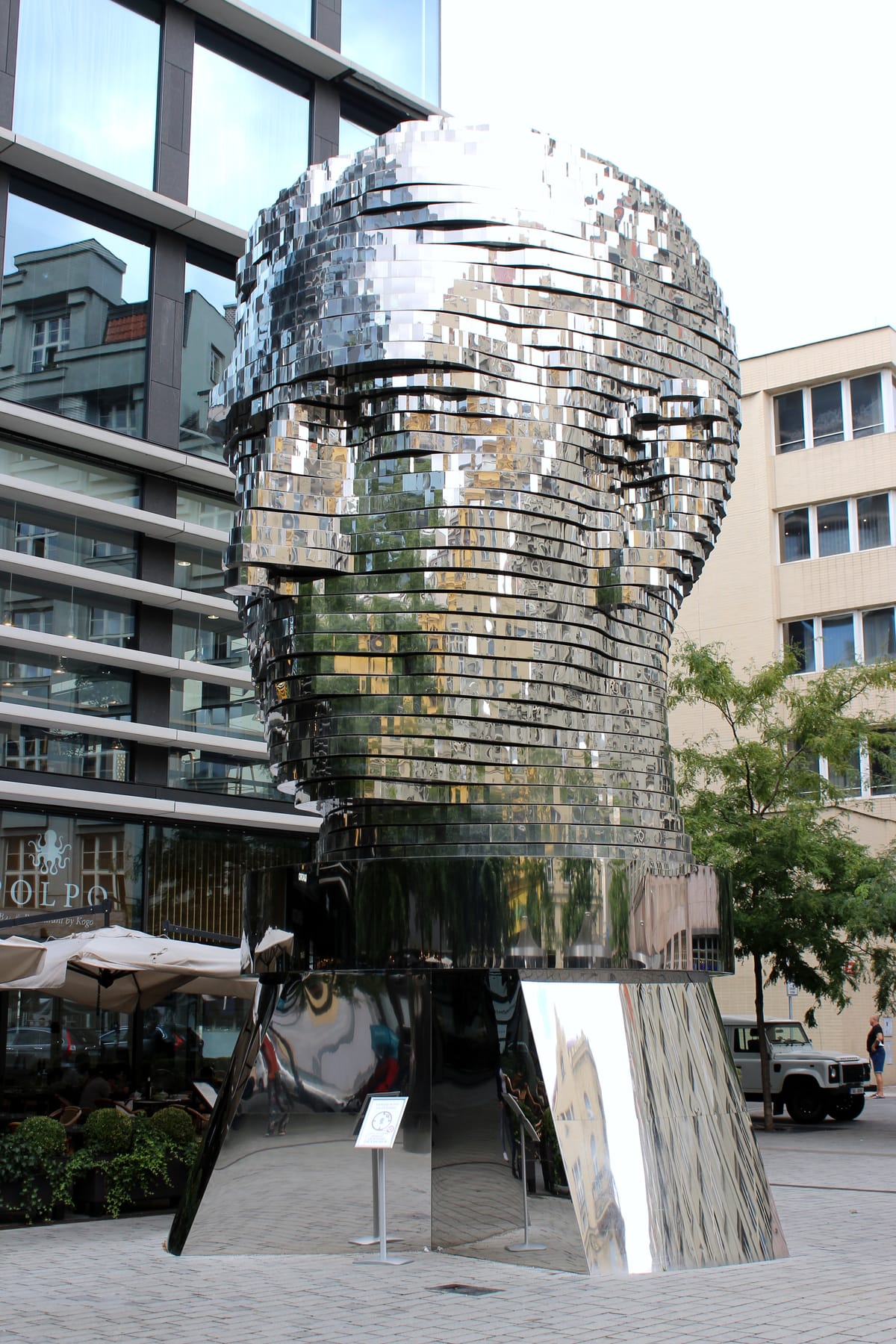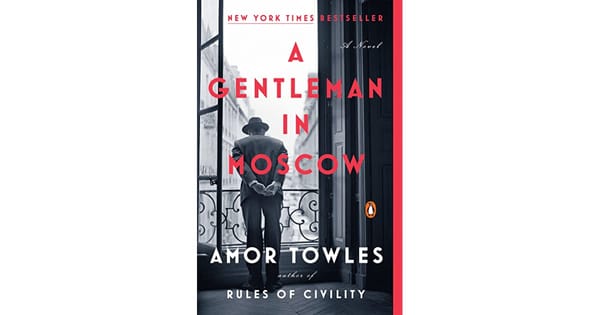Fighting Franz Kafka
An exploration of Kafka's Metamorphosis

Metamorphosis and other stories
Author Franz Kafka
A thing is Kafkaesque if it—?
Is exasperating. Á la the joys and lows of being at Imperial, it makes sense to take Kafkaesque to mean the impending terror that arises from our myriad of deadlines; or the ungodly, yet unescapable troika of coffee, sleep deprivation, and nine-a.m. lectures; or the District Line at evening rush hour (or even having to wait longer than 5 minutes for a train). ‘Kafkaesque’ becomes, for us, a word to describe the in-between tedium that seems to exist most of the time, placed between the two crescendos of panic and study that come with each exam season.
Search online, and expect the short and esoteric but unhelpful definition: “characteristic or reminiscent of the oppressive or nightmarish qualities of Franz Kafka’s fictional world.”
The word stands on the precipice of being relegated as a mere synonym for things that are off-putting, or peculiar, or sardonic, or frankly just strange
But the most excellent candidate in the Department of Explaining Kafka While Evading Franz Kafka comes from an hour of Netflix, where the word appears as the title of Season 3, Episode 9 of the show Breaking Bad, and then appears within its dialogue as a gag. Against its Albuquerque, New Mexico backdrop, it would turn out that drug-dealing is in fact a mundane ordeal of ledger sheets and corporate secrets, which the agitated Jesse Pinkman sees as “totally Kafkaesque —majorly!”.
The word stands on the precipice of being relegated as a mere synonym for things that are off-putting, or peculiar, or sardonic, or frankly just strange — which, when put together, are all technically true of the word. From the Michael Hofmann-translated copy of Metamorphosis and Other Stories, a collection of the bodies of work of the Czech-born Franz Kafka, The Judgement, as fiction, reads upfront as off-putting; Absent-Minded Window Gazing as peculiar; Resolutions as sardonic; and Eleven Sons as strange. Yet in any of these examples he is never just one, or all of these qualities at once. Kafka’s essence touches on capricious, in the way he — in ten or in a thousand words — construes prose that is capable of poking at life’s fabric, delivering stories that are plainly poignant, or laugh-out-loud hilarious, both, or boldly neither.
And in truth, the perfect portrait of him and all things Kafkaesque does not lie merely in the text, but in the questions that he conjures up, via his storytelling, for the mind to dwell on. Consider Metamorphosis, his most renowned work, where Kafka begins with a simple central question:
If tomorrow morning you woke up as a cockroach — what then?
The notorious tale of a travelling salesman-turned-vermin (depending on the from-German translation) is as much about the situational comedy of Gregor Samsa having to manage six limbs as it is the manner in which his world first collapses, and subsequently rebuilds, albeit around him. Suddenly the absurd premise of the story goes from asking ‘How does one eat breakfast with mandibles?’ to ‘How does the world adapt to misfortune, and if it cannot, how quickly does it then move on?’.
Kafka shines brightest as a sketch of artist life
Similarly, the double billing of Unmasking of a Confidence Trickster and The Stoker both take on the utter nakedness that is moving to another country, asking us ‘How on earth do we as people build trust?’ and ‘What exactly is that trust is composed of?’. The paths of the protagonists in both these titles are marked and marred by mad-cap encounters with eccentric characters that all feel London-adjacent, but Kafka busies himself with foraging into the relatable strangeness, beauty, and unexpectedness in the experience of moving countries.
However, Kafka shines brightest as a sketch artist of life.
Trees is just 45 words long. Yet, with a setting reminiscent of Hyde Park, he is able to illustrate trees as metaphors for the sometimes sound, sometimes unsound nature of our minds, and questions when, if ever, we can know people are okay.
Therefore, the temptation to see Kafka’s work only for its melancholia is always present. In Resolutions, which holds equal punch and almost equal brevity as the aforementioned Trees, another nameless protagonist remarks on the nature of life within the context of the many challenges it presents. They seemingly offer a philosophical correction to Newton’s First Notion – “So perhaps the best resource is to meet everything passively, to make yourself an inert mass…” – deciding for themselves that an object at rest does not just stay at rest – “…and, if you feel that you are being carried away, not to let yourself be lured into taking a single unnecessary step.” – but should rather aspire to forever stay at rest. This thread of limitation and futility runs through many of his stories, eventually creating a portrayal of Kafka as only gravitating towards things we cannot know or cannot do.
However, for all its hopelessness, speckled with humour, the more of Kafka one experiences the more one realises that beyond the wild narratives, at the core of all his stories is indeed the heart, intelligence, and curiosity with which his characters engage with the fictional worlds they are put in. They win. They often lose. But when Franz Kafka takes a part of the world and deconstructs it, he tasks the reader with navigating it alongside himself and the characters, figuring out how to make sense of it along the way. And so, if a thing is Kafkaesque, it would seem to desire to be fought.
Metamorphosis does not just leave us with a grotesque turning point, but instead paints the details of the struggles of Gregor Samsa’s life in the days and months afterwards. In The Stoker, the protagonist – Karl Rossman – loses his luggage upon arriving in America, but soon sees himself thrown willingly into the politics of the only place he knows in an otherwise entirely foreign land: the ship that brought him there. And finally, in stories such as Trees and Resolutions, the deft construction of all these thoughts and questions for us to ponder suggests that Kafka aims to challenge us, as readers, to be willing to wrestle with them. Because, after all, it seems that Kafka places himself right there in the fight with us.










